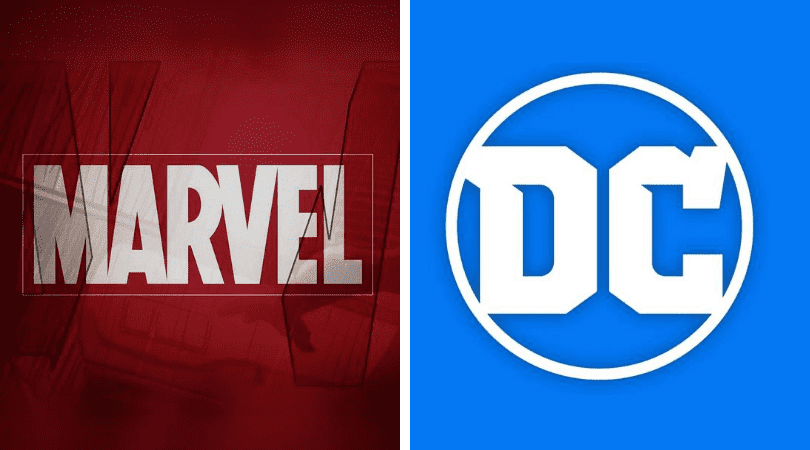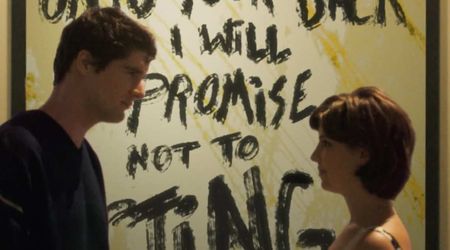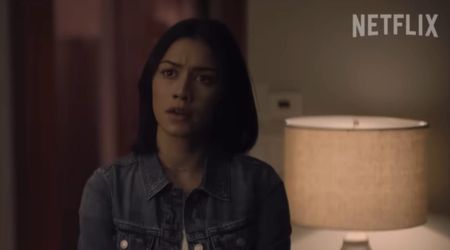Comic-Con 2020: Women of color in comics discuss need for action against Marvel and DC's 'legacy of harassment'

The comics world has recently seen a new wave of prominent creators called out for sexual inappropriateness in the workplace, ranging from sexual harassment at work to stalking, to the sinister practice of grooming - the process wherein an older person establishes a relationship with a generally much younger person, with the intention of developing a sexual relationship in the future. The subject was brought up on July 25 during a Comic-Con panel and the panelists agreed that there is no better time for a class action lawsuit than right now and not just because of the new wave of accusations.
The panel, entitled 'Women of Color in Comics: Race, Gender & the Comic Book Medium,' featured Jonita Davis (film reviewer, and pop culture journalist), Jules Rivera (comic book artist), Vanee Matsalia (writer, educator), Camilla Zhang (writer, editor, consultant), Marqueeda LaStar (tech & pop culture journalist), and moderator Regine L. Sawyer, (writer/publisher), all discussing a variety of topics. Eventually, their discussion made way to the recent wave of allegations that have hit the comic book industry. It was agreed by all that traditional power structures in companies need to dissolve, to make way for new figureheads and women in these positions who are less likely to take advantage of young creators and employees.
"I think it's important to divest from some of these large organizations," said Matsalia. "Go to other organizations that are not hurting us." There are certainly a lot more smaller comics organizations than there used to be, many untainted by a legacy of harassment at the hands of senior creators. She spoke of spaces that are supportive to women, and that actually have a zero-tolerance policy for harassment of any kind. "We need to bring that kind of energy and stop investing in all these other spaces that have shown us, over and over and over again that every time, that they're like an onion," she continued, "keep pulling back another smelly layer."

"I pretty much don't like the big dogs," said Zhang, referring to Marvel and DC Comics, both companies she has worked for in the past. "After working for them, it has ruined my taste for them." "Well, great news, their [distribution] has been kneecapped," said Rivera, referring to the distribution problems that the industry has been facing in the midst of the pandemic, putting the industry at a more vulnerable position than ever before.
For moderator Regine, the solution lies in not guilting companies, but hitting them where it really hurts - their wallets. "If you find and see creators, and artists, is out here doing crazy stuff, it's definitely time to move on," she said. "And if you see that a company has bad practices when it comes to sexual harassment, or it looks like they're just going with the institutionalized misogynistic row, then it is time to keep it pushing." She adds, "The comic book industry needs a class action lawsuit...for most corporate companies, when they lost a lot of money, that's when you saw the change."
With the pandemic becoming a growing concern to business distribution, Marvel and DC have never been more vulnerable to a major financial hit. A class action lawsuit might just be the thing that effects radical, serious change in workplace policies - with the right push, at the right time, change may be something that the 'Big Two' literally cannot afford to avoid.
You can check out the entire panel discussion here.










